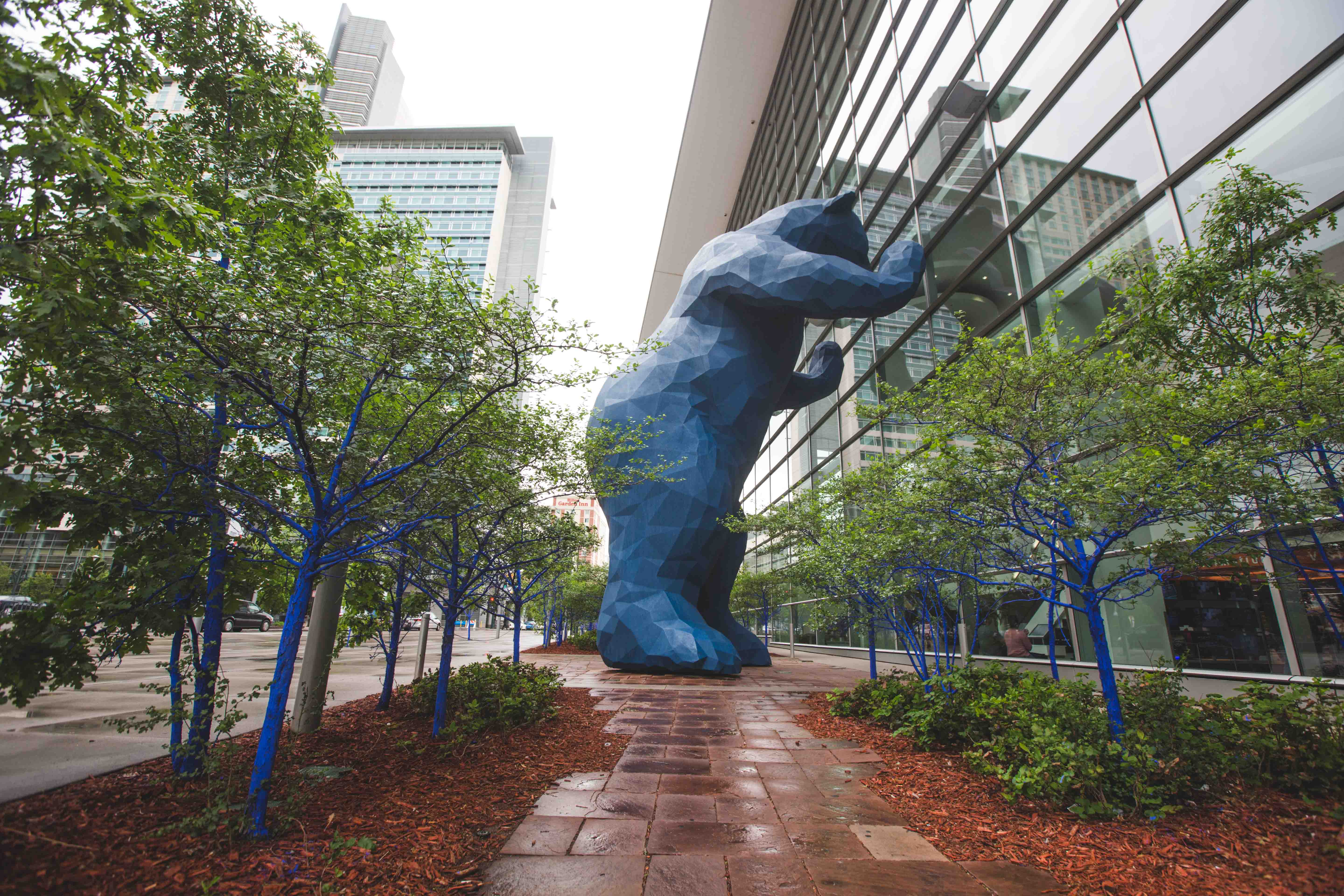The County of Denver and the state of Colorado’s stay-at-home orders seemed to beg of themselves one central question: what happens if you don’t have a home to stay in?
The fine print of both orders state that they do not apply to individuals experiencing homelessness, meaning they will not be charged with violating it by simply existing out-of-doors. Yet the non-applicability of this order to the living conditions of people experiencing homelessness also raises questions about how to protect them from contracting coronavirus, and how to care for them if they do.
In a press conference on April 7, Denver Mayor Michael Hancock outlined the city’s current and forthcoming efforts to take care of the health and well-being of its homeless residents. To date, the City and County of Denver repurposed a recreation center as a day shelter for up to 200 women, opened a 48-bed facility for people who are symptomatic and secured 120 motel rooms available for people requiring quarantine space or awaiting test results.
The mayor then debriefed the public on the next steps the city is taking to protect those experiencing homelessness. He announced that Colorado Governor Jared Polis approved the city’s request to deploy 250 National Guard members to existing homeless shelters across Denver. The presence of the National Guard is necessary “to support the staff and trained professionals at these locations [and] to support the guests,” Hancock clarified.
In addition, the city is going to open a 600-space shelter for men at the National Western Complex. This auxiliary shelter will absorb the guest capacity of the Denver Rescue Mission’s two overnight shelters, which will temporarily close starting April 9. (The Crossroads Shelter for men will remain open.) A plan to add another auxiliary shelter to house up to 300 individuals who identify as women is also in the works, said Hancock, for which the Denver Coliseum is a potential site.
These auxiliary shelter sites include at least 50 square feet of space for individual guests, and will provide screening, triage and access to respite facilities for recovery. “Guests who are presenting with cold and flu-like symptoms will be transferred to a separate supplemental shelter location. Guests who need to self-quarantine because they are highly vulnerable, are awaiting test results for COVID-19, or who have tested positive for the virus will be transferred to separate activated respite care,” according to the City and County of Denver in a press release.
The mayor also wrote an open letter to Denver’s hotel and motel owners and operators, imploring them to use their resources to shelter and protect residents of the city currently experiencing homelessness. “I realize there are many hurdles — insurance, staffing, house rules, food service and more — that we must overcome,” wrote the mayor. Still, he expressed hope that businesses will respond to his call and reconsider their involvement in what he sees as a “humanization mission.”
Shortly after the mayor’s press conference, the city finalized an agreement with another hotel in downtown Denver, which will provide an additional 151 rooms for people experiencing homelessness. If the Denver City Council approves this hotel contract, it will bring the current total citywide amount of rooms available for this cause to 270. Denver’s goal is to secure 3,000 rooms for individuals afflicted with homelessness for the duration of the COVID-19 state of emergency.
Hotels, motels and event venues aren’t the only public spaces who are pivoting their function to care for individuals affected by coronavirus-related issues. The Colorado Convention Center plans to re-emerge as a temporary hospital by April 18 in order to take on the predicted influx of critical COVID-19 cases. The facility will include anywhere from 1,000 to 2,000 beds.
Note (4/7/2020): This article has been updated to include new information provided by the City and County of Denver.





